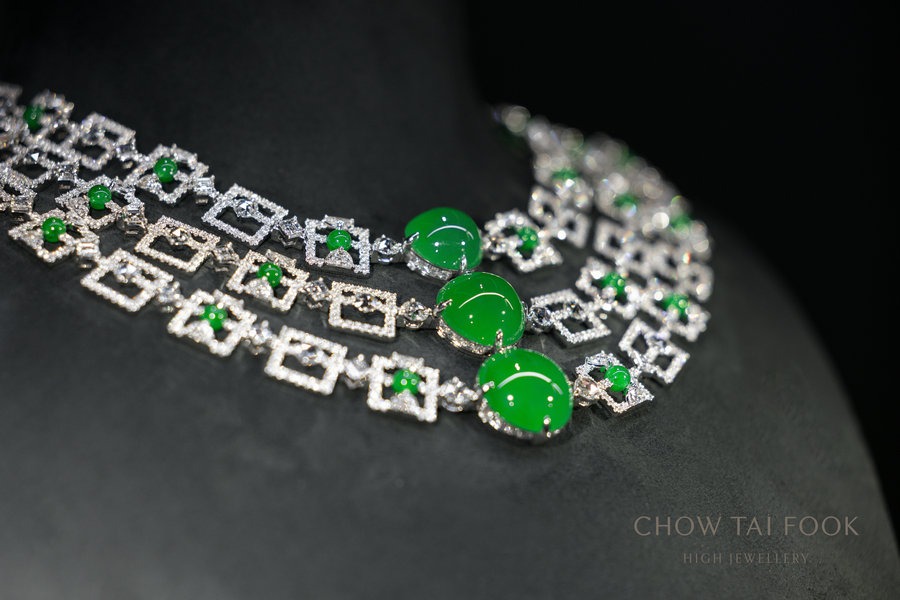No time to celebrate but feeling hopeful is allowed


On May 1, my compound's pedestrian gate finally reopened. It had been disabled at the start of the pandemic, with passage placed in the hands of the redoubtable Li, our sleepy, yet sharp-eyed baoan, or guard. Now suddenly, we were free to come and go at will. The joy with which I greeted this development surprised me, but perhaps Arnold Schwarzenegger was right when, cigar between his teeth and steely look in his eyes, he declared that it is the "little victories that make you feel great". This one was small, but it spoke of something much larger. Perhaps, I thought, we have turned the corner at last?
That feeling-of life resuming its pre-pandemic pace-was reinforced over the following days as Beijing overflowed with tourists. Never-for I arrived in March 2020-had I seen the streets so crowded, and the cafes so full of chatter. As I scootered around, basking in the year's first real warmth, I noticed other changes. More people were unmasked, barriers at hutong and compound entrances were gone, and QR codes had become optional. As China celebrated spring, it truly felt like we'd been reborn.
Admittedly, I didn't arrive at the best of times. Landing 12 days before the borders closed to foreigners after a long, masked flight, I was eventually deposited in front of my designated quarantine hotel after an odyssey that involved much waiting, many temperature checks, serial swabbing, transiting to the pandemic processing center and finally, registration by hotel employees dressed like extras from a television hospital drama. From Beijing Capital to the Huiqao Hotel in deepest Hepingli took 12 grueling hours.
When I relayed my experience the following morning to overseas friends, few of whom had, at that point, experienced the virus control innovations which we were all to become so intimate with, I fielded expressions of shock and solidarity, as well as cautious enquiries as to the state of my mental health. Was I quite sure, several asked, if moving to China in the middle of an epidemic was the most sensible choice?
Personally, I'd never doubted. Even as I enjoyed that last, carefree day in London, I wondered how much longer it would be before reality hit. Back then, most of my compatriots still thought of COVID-19 as an Asian problem, even though Italy and France were already being ravaged, but it seemed obvious that the 34 kilometers of water between Dover and Calais weren't going to keep this virus at bay. China was in the midst of an outbreak, but at least there, I thought, they had started taking the situation seriously.
Soon, it became my turn to check on friends, offer solace and positivity (and sadly in some cases, question their sanity, too), and to talk tactfully about my new adventures in a way that didn't remind anyone they weren't having any themselves.
A year and a bit on, I can honestly say that short of spending this last year in Antarctica, or low-Earth orbit, there's no better place to have ridden things out.
Don't get me wrong. Even as I type, I know the pandemic is not over. Some countries are still being ravaged-I speak often to my relatives in India, and worry about friends in Brazil, Lebanon and elsewhere. I also know that situations can change. The virus is still out there, still spreading, still mutating. Now is not the time to celebrate. But as the New Normal endures in Beijing, and I'm able to feel the sun on all my face, it's good to be able to breathe freely, once again.




































